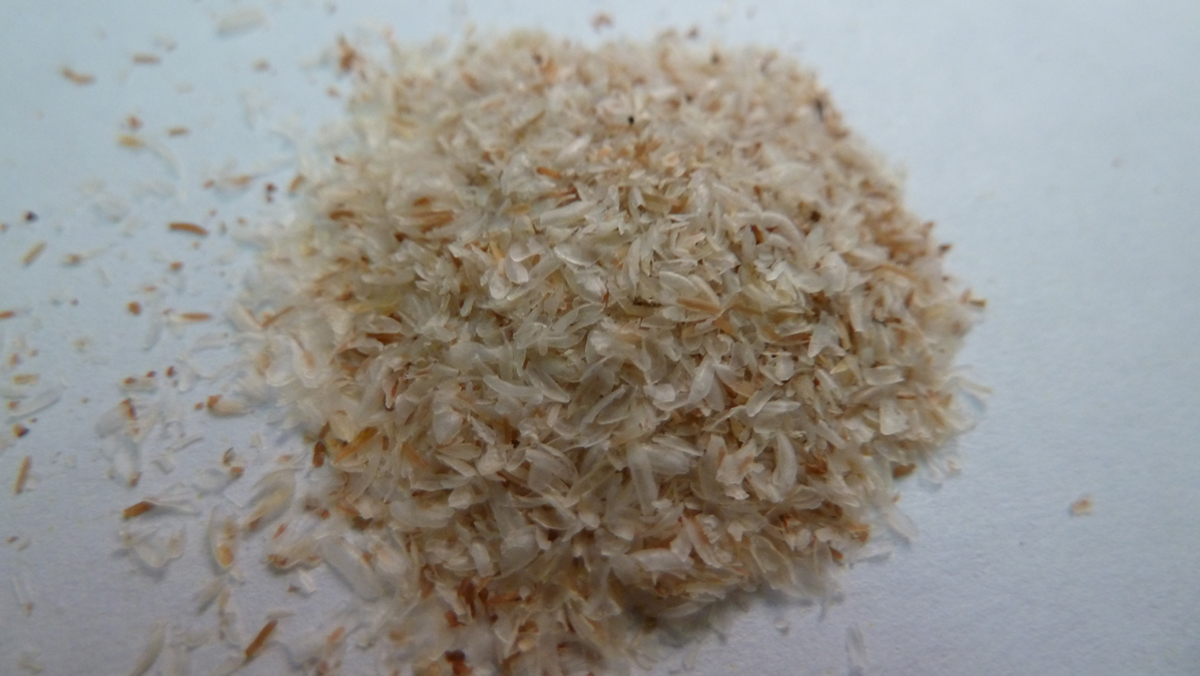
Information on Psyllium
Psyllium is one of the bulk forming fiber laxatives available on the market. It is very efficient in absorbing all types of liquid in the intestines and creating softer stools which are much easier to pass. It is usally used for the treatment of different types of bowel irregularities or occasional constipation. Psyllium can also be used for the treatment of diarrhea.
When a person uses psyllium in combination with a diet which is low in cholesterol it may also be very beneficial in lowering the levels of bad cholesterol in the blood. All different variants of laxatives may form a habit after a prolonged or frequent use. It all ultimately leads to damages intestinal muscle tissues and nerves.
Those who are allergic to psyllium should not take it. Allergic reactions to psyllium usually include troubles swallow ing, skin rash, stomach pain, changes in bowel habits, vomiting and severe types of nausea. Those who suffer from colostomy, intestine blockages, ileostomy or rectal bleeding should consult their doctors before taking psyllium.
Severe side effects require immediate medical attention and they may include choking, skin rash, trouble swallow ing, rectal bleeding, stomach pain, constipation, stomach cramping, vomiting, and nausea.
Side Effects of Psyllium
All different types of medications may cause some side effects, but usually they do not occur, or if they do, they are usually of minor intensity. Some of the minor side effects of psyllium include abdominal bloating and abdominal fullness.
Psyllium may be available in the form of wafers or powder and in both cases it may sometimes trigger certain severe side effects which require immediate medical attention and need to be treated by a healthcare professional. These severe side effects are usually allergic reactions such as rash, vomiting, hives, trouble breathing, difficulty breathing, difficulty swallow ing, tightness in the chest, chest pain, swelling of the mouth, swelling of the tongue, swelling of the lips and the face.
Some rare cases may include hypersensitivity as a side effect of psyllium. It is usually due to inhalation of dust particles which cause sensitization. When ingested orally, psyllium usually does not trigger hypersensitivity.
Psyllium may also be associated with certain gastrointestinal side effects such as duodenal bezoars or even esophageal impaction. Certain other gastrointestinal side effects of psyllium may include nausea, irritation, intestinal gas, constipation, abdominal cramps, rectal pain and diarrhea. Sometimes an allergic reaction to psyllium may include certain hematologic side effects such aseosinophilia.

















Your thoughts on this
Loading...